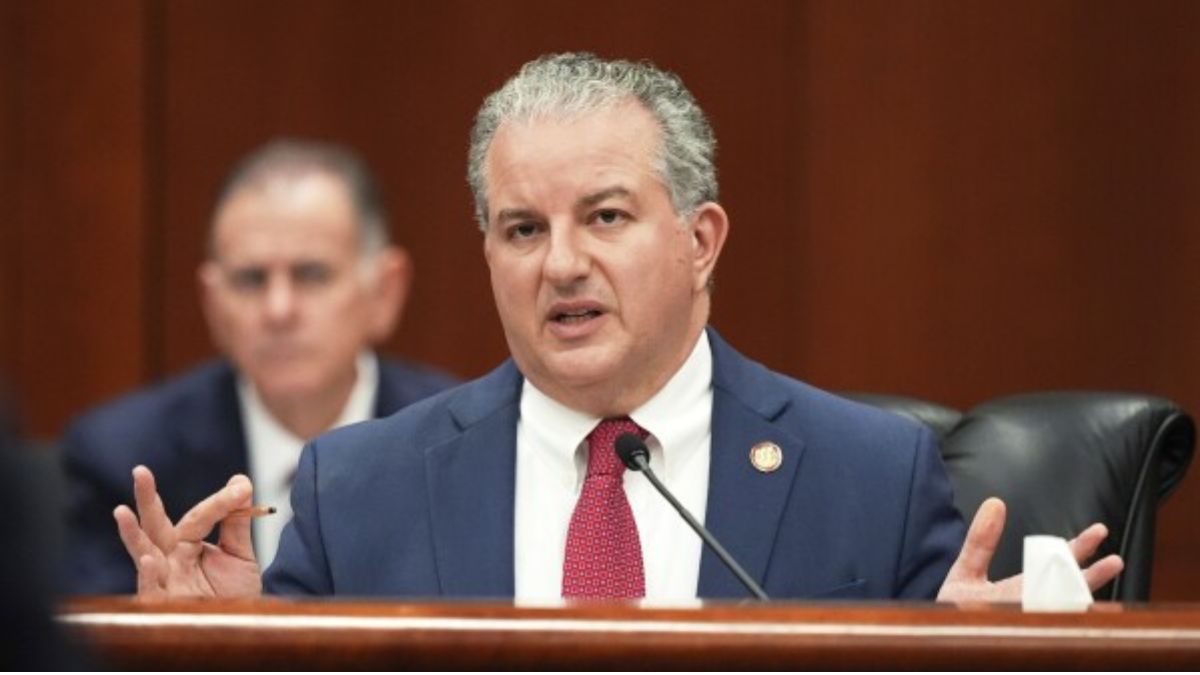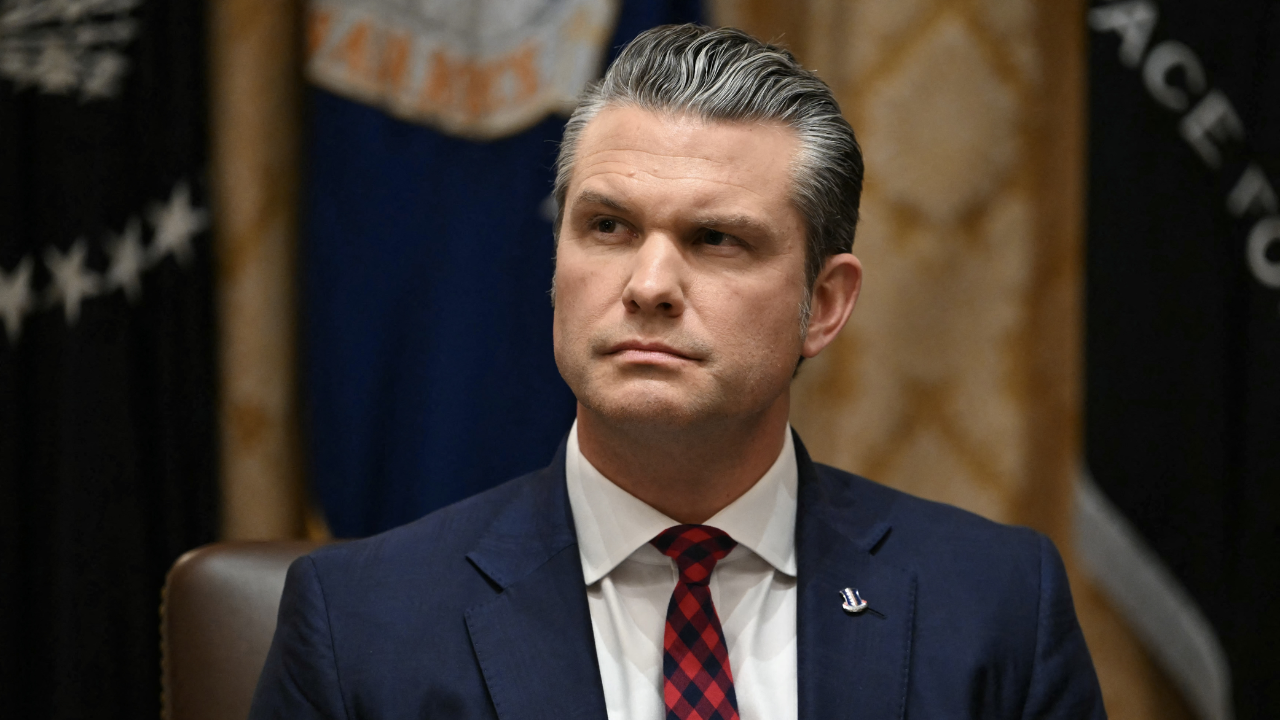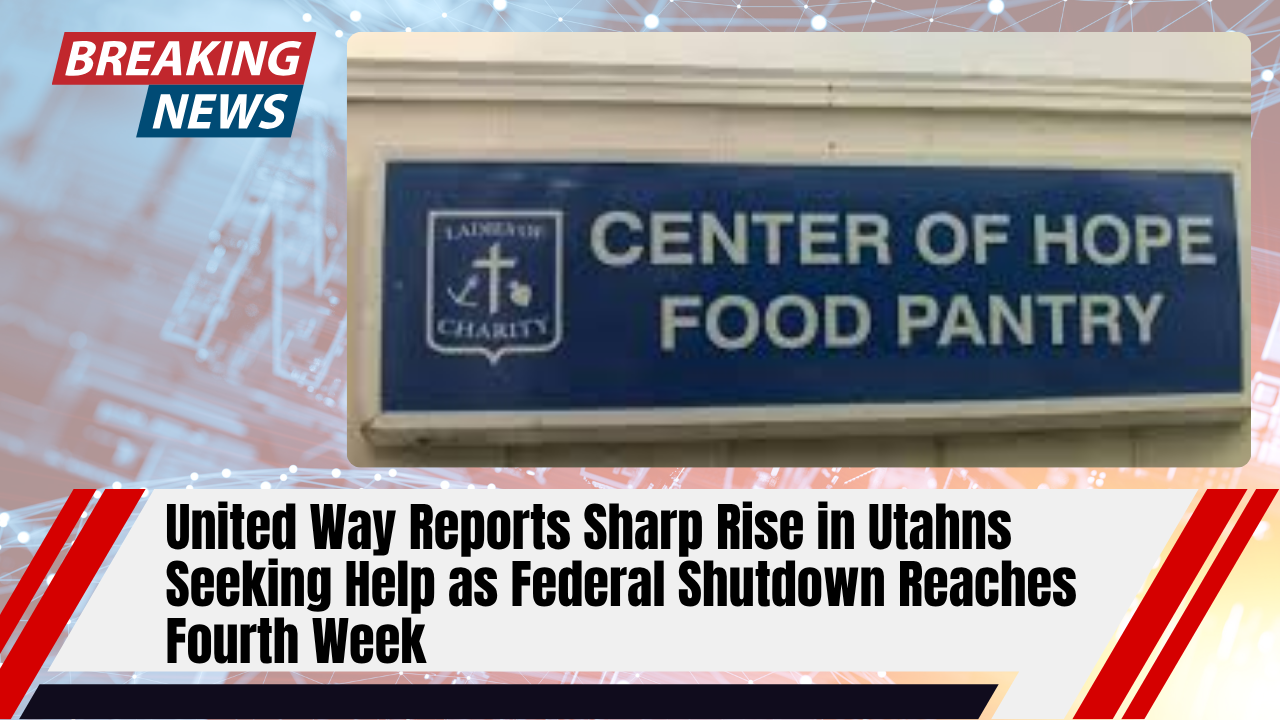The nation’s longest government shutdown—stretching nearly six weeks—appears to be reaching its last chapter. Soon after this story originally published, President Donald Trump signed a newly approved government funding package, officially reopening federal operations.
Yet the debates, disagreements, and frustrations that shaped this shutdown continue to dominate the political landscape, especially among Colorado lawmakers.
Shutdown Expected to End After House Vote
Workers and Families Left Without Support
After almost 45 days, millions of Americans have faced delayed paychecks, stalled travel, and limited access to critical food assistance programs.
The approved funding package, already cleared by the Senate, now sits before the House for a key Wednesday evening vote.
Split Support Between Parties
Republican members and President Trump believe the bill has enough support to advance, but Colorado’s Democratic delegation strongly opposes the proposal.
Colorado Democrats Voice Sharp Objections
Rep. Brittany Pettersen: “This Is Not a Real Deal”
Rep. Brittany Pettersen of Colorado’s 7th District expressed deep concerns about the agreement, emphasizing that both parties failed to unite on expanding Affordable Care Act premium tax credits, a benefit supporting 24 million Americans.
“These are terrible options. This isn’t a compromise,” Pettersen said, adding that Republicans “refused to come to the table” on health care.
Health Subsidies Excluded From the Package
Congressional Democrats had pushed hard to extend enhanced ACA subsidies, which expire at year’s end.
However, those provisions were left out of the final bill now moving through the House.
What the Funding Bill Does — and Doesn’t — Include
Key Funding Measures
The funding package passed by the Senate would:
| Feature / Impact | Details |
|---|---|
| Federal Agency Funding | Runs through January 30 |
| Full-Year Funding | Includes the military and legislature |
| Worker Protections | Reverses layoffs caused by the shutdown |
| ACA Subsidy Extension | Not included |
Future Senate Vote on Health Care
Senators have agreed to hold a December vote on the ACA subsidies, though no guarantee exists that they will be renewed.
Pettersen described the moment as “surreal,” calling the lack of progress on health care “devastating” for families nationwide—especially those in rural Colorado.
Rising Concerns Over Another Shutdown
If the House passes the bill and President Trump’s signature stands, government funding will run through January 30.
However, without agreement on the 2026 federal budget, lawmakers warn that another shutdown could occur early next year.
Pettersen cautioned:
“This is not a bipartisan budget. This is not governing. The American people deserve so much better.”
More Colorado Democrats Take a Stand
Rep. Jason Crow announced a firm no vote, saying he no longer trusts Republican promises.
Rep. Diana DeGette also rejected the package, calling it a bill that “fails to lower health care costs” and supports “corruption.”
Colorado Republicans Respond
Rep. Lauren Boebert
Boebert celebrated on social media, stating she was eager to “end the Democrat shutdown.”
Rep. Gabe Evans
Following the article’s initial publication, Evans criticized Democrats for blocking previous funding attempts:
“For 42 days, Democrats held the American people hostage… Today House Republicans are reopening the government and protecting essential programs like SNAP and WIC.”
Evans said he was “proud to vote for this package” supporting military families, farmers, and federal workers.
Colorado Senators Vote No
Colorado Senators Michael Bennet and John Hickenlooper both voted against the measure that passed the Senate, signaling continued division over health care and budget priorities.
The end of the shutdown marks a crucial step toward restoring normalcy for federal workers, families relying on food assistance, and communities nationwide.
Yet the deep disagreements between lawmakers—especially over health care subsidies and long-term funding—suggest that political tensions remain high.
With another potential shutdown looming in January, many Americans are left wondering whether Congress can achieve a stable, bipartisan budget that truly reflects the needs of the country.



